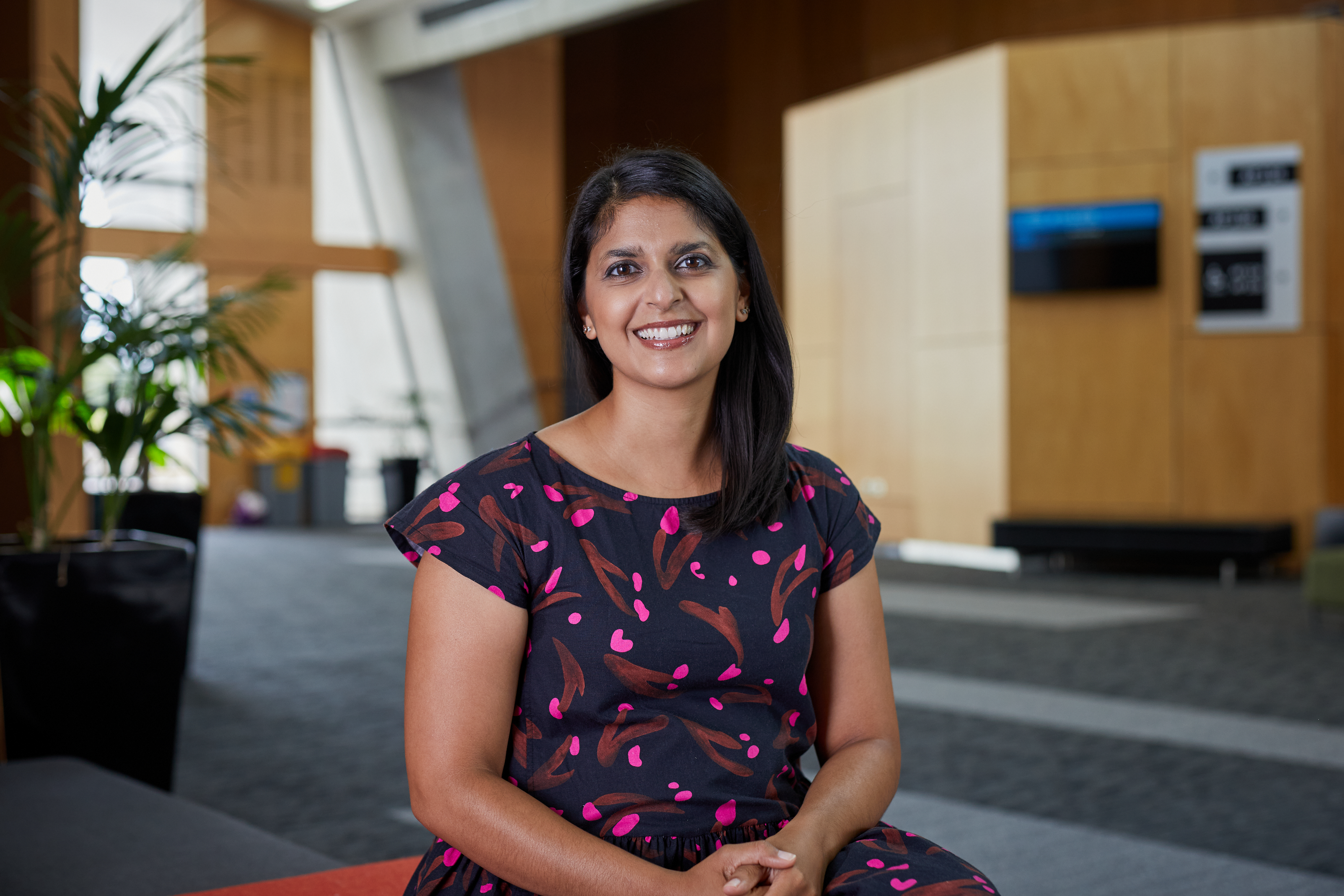Priority Theme: Prevention
Discipline: Public health
Migrants and refugees face a myriad of challenges as they settle in a new country, including language barriers, cultural differences, and limited access to employment and health services. During the COVID-19 pandemic, migrant and refugee communities were disproportionately impacted as infectious disease outbreaks amplify existing inequities.
As part of the Kia Niwha Leader Fellowships, Dr Nadia Charania will undertake a one-year project using a complexity-informed research approach. Unlike traditional research approaches, a complexity informed research approach recognises dynamic relationships, unpredictability, and uncertainty within systems. Research in this area is limited and, to the researcher’s knowledge, complexity science has not been applied to improve pandemic outcomes among migrants and refugees.
Dr Charania will harness the principles of complexity science to improve pandemic prevention, preparedness, and response, focusing on migrants and refugees who are often overlooked in preparedness efforts. Narratives will be qualitatively collected from multiple stakeholders, including community members, organisation leaders, and pandemic planners, to analyse the interconnected factors and produce complexity-informed recommendations that reflect the realities of migrants and refugees over the phases of a pandemic.
Given the disproportionate burden faced by Māori and Pacific Peoples during pandemics, the results may also support improved outcomes as the focus is on more equitable and inclusive pandemic preparedness and response.

